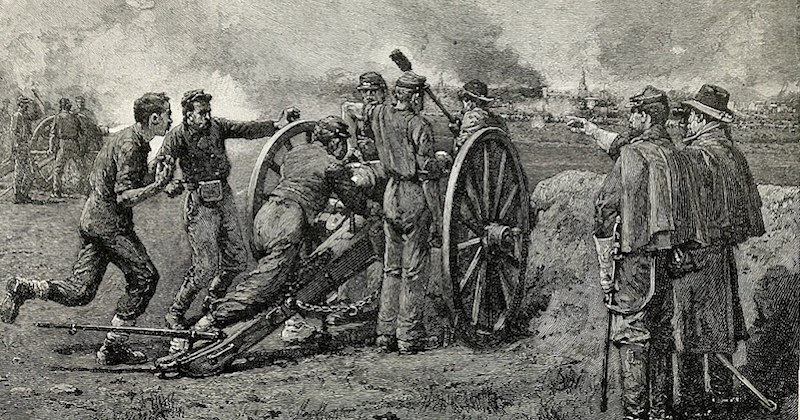Paul Auster in Literary Hub:
 On the last day of October 1895, a letter was sent to Stephen Crane by the corresponding editor of The Youth’s Companion inviting him to submit work to the magazine: “In common with the rest of mankind we have been reading The Red Badge of Courage and other war stories by you… and feel a strong desire to have some of your tales.” Advertising itself as “an illustrated Family Paper,” the Companion was a national institution with an immense readership that began its life in 1827 and remained on the American scene for more than 100 years. Never more popular than in the 1890s, it published work by every important writer from Mark Twain to Booker T. Washington, and, as the corresponding editor pointed out in his letter to Crane, “the substantial recognition which the Companion gives to authors is not surpassed in any American periodical.” On top of that, it paid well.
On the last day of October 1895, a letter was sent to Stephen Crane by the corresponding editor of The Youth’s Companion inviting him to submit work to the magazine: “In common with the rest of mankind we have been reading The Red Badge of Courage and other war stories by you… and feel a strong desire to have some of your tales.” Advertising itself as “an illustrated Family Paper,” the Companion was a national institution with an immense readership that began its life in 1827 and remained on the American scene for more than 100 years. Never more popular than in the 1890s, it published work by every important writer from Mark Twain to Booker T. Washington, and, as the corresponding editor pointed out in his letter to Crane, “the substantial recognition which the Companion gives to authors is not surpassed in any American periodical.” On top of that, it paid well.
Crane was hard at work on The Third Violet just then, but he wrote back on November fifth to say that he “would be very glad to write for the Companion” and promised to send them something “in the future.” The future arrived in March, when he mailed off the manuscript of “An Episode of War” to the offices in Boston, mentioning in the last line of his cover letter that “this lieutenant is an actual person”—possibly someone he had heard about from his uncle Wilbur Peck, who had served as an army doctor during the war.
The shortest of Crane’s Civil War stories from 1895–96, “An Episode” is also the strongest, the boldest, and the most moving—a thoroughly modern work that takes on the issue of war trauma with pinpoint clarity and perceptiveness.
More here.
